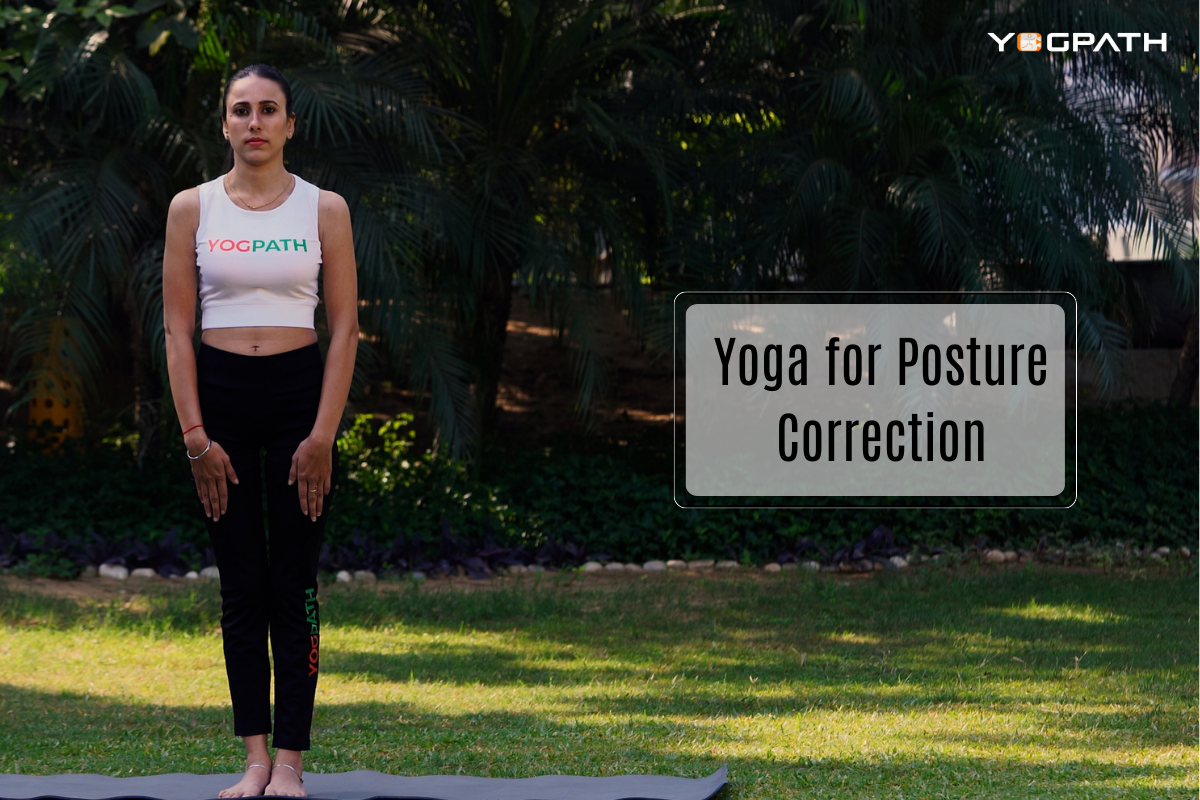
Everything happens according to the laws of nature. Because it is a bird, it will act like one. The snake will act in typical snake fashion. This is because the bird, like the snake and all other beings, always follows its dharma. Only the self-aware human being, this wondrous and baffling creation, can act contrary to its inherent nature and dharma. And we do act counter to our nature, even violently so at times
Dharma: our function in the grand scheme of things
Native Americans still have a firm grasp on their role in the grand scheme of things. They recognise the interconnectedness of everything and act accordingly. However, in today’s technologically advanced society, people have largely lost touch with life’s sacred wholeness. The end result can now be enjoyed by everyone. Everything from the oxygen in the air to the water we drink to the food we eat to the stress of daily life is a product of the myth that these things are necessary for our happiness. All of these factors have contributed to a highly hazardous setting. This point doesn’t need any further explanation, we’re all aware of it. There is much repair work to be done on the world we are passing on to future generations. And we are, too, in a way.
The great J. Krishnamurti once declared, “You are the world.” The mental state of humanity as a whole is reflected in the state of our planet, with the so-called “developed” countries setting the tone. We have lost contact with the natural world, the spiritual realm, and our own selves. We must rediscover our spiritual roots by reestablishing our rapport with the natural world. Finally, we need to reconnect with our inner selves. Keep this in mind, because it’s crucial. These three things add up to a single concept: Dharma.
Dharma, or moral compass, is what drives us to do the right thing.
Dharma also has a secondary, perhaps more accurate, meaning: conscience. This is the moral compass built into each of us from birth. Every person is born with this ability. It’s the most important thing to us, or at least it should be, but we often put our own needs and wants ahead of others. This is obvious on a personal and a business scale. Future generations will have to deal with the consequences of the harm we are willing to inflict on the planet and on each other in the pursuit of material gain.
To this day, every baby is still born with a “knowing” of what’s right and wrong, a Dharma that rests in their hearts like a good, unobtrusive friend.
These four meanings of dharma can be found in ancient Indian texts.
The four pillars of dharma as described in Indian scripture are:
Dharma of Samanya
These eternal principles that permeate all of reality. Everyone should treat each other with respect and refrain from hurting, misleading, or slandering them. Since I despise being lied to, I refrain from doing so myself.
Svadharma
Each of us has been socialised to behave in a particular way. Businesspeople may view every challenge as a chance to make a profit, those with a generous spirit may ask how they can help, and criminals may analyse every situation to determine whether or not they can evade capture and make a quick buck. But there are those who are driven by an insatiable thirst for self-knowledge and the freedom from mental chains.
Each species acts in accordance with its inherent nature. To reiterate what has been said above, only human beings, equipped with the capacity for self-reflection and free will, can and do deviate from their inherent character. However, wishing we were different from how life has shaped us is neither helpful nor beneficial to our success and happiness. The way we’ve been shaped by life is the hand we’ve been dealt in the grand game of existence. Rather, it’s best to embrace it, love it, and slowly hone the parts that could use some work.
What we’ve been dealt in the great tapestry of life is a reflection of how we’ve been shaped by our experiences. It’s better to embrace it, love it, and gently hone the areas that could use some work.
Dharma of the Seekers
Vishesha dharma is the right action to take under the specific conditions and circumstances of a given situation. Discrimination is crucial because it allows us to make sense of the situations we find ourselves in by weighing in both universal principles and our own tendencies.
This allows us to react appropriately, which isn’t always easy to do. Keeping ourselves attuned as best we can to the dharma of each situation requires us to be flexible in the face of life’s inevitable complexities.
Dharma: your essential self
All caps Dharma. It is the inner observer, the true “I,” or the Self. Spiritual teacher and author Rupert Spira says the most important insight is realising that “peace, happiness, and love are ever-present and completely available to us at every moment of experience, under all conditions, as our own Self.”
These four definitions of dharma, paraphrasing Vedanta teacher Christian Leeby, sum up the art of living: balancing one’s own values with universal values in every circumstance.
The health of any eco-system is contingent on the interplay of its various components. One way we humans keep our equilibrium is by acting morally and according to our own values. We put in more than we take out, so to speak. The role that has been assigned to us, we play. And in doing so, we’ll leave a trail of Dharma’s enticing aroma (as the Sufis put it).











